Publications
Articles, publications, books, tools and multimedia features from the U.S. Institute of Peace provide the latest news, analysis, research findings, practitioner guides and reports, all related to the conflict zones and issues that are at the center of the Institute’s work to prevent and reduce violent conflict.
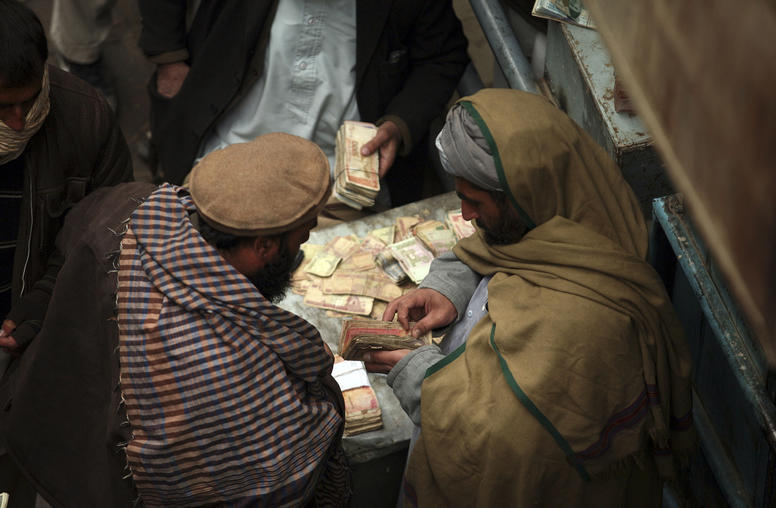
How Afghanistan Can Avoid Another Fiscal Crisis
Afghanistan’s last presidential election, in 2014, was followed by—and arguably precipitated—a fiscal crisis, which brought the country to the verge of fiscal collapse. What are the lessons that should be learned from the 2014 experience, and what can be done to avoid a repeat in 2019, which would be even more disastrous?

Johnny Walsh on Election Season in Afghanistan
As Afghans wait for official results from the parliamentary polls, Johnny Walsh says that the country is already entering “high political season” in preparation for the critical April 2019 presidential election. Although the Taliban continues to carry out high-profile attacks across the country, Walsh says that many Afghans are focused on the presidential polls and its implications for the peace process.
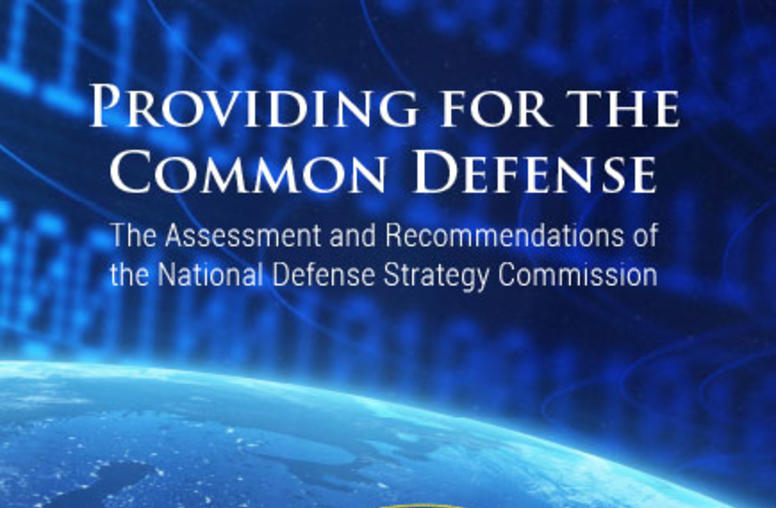
Providing for the Common Defense
The final report of the National Defense Strategy Commission is a compilation of the assessments of the National Defense Strategy and recommendations based on its analysis related not just to defense strategy, but also to the larger geopolitical environment in which that strategy must be executed. They consulted with civilian and military leaders in the Department of Defense, representatives of other U.S. government departments and agencies, allied diplomats and military officials, and independent experts.

Thomas Hill on Libya
Since the fall of Muammar Qaddafi in 2011, successive U.S. administrations have watched Libya’s continuing collapse, mistakenly believing that the country’s unraveling threatens only Europe, says Thomas Hill. Ahead of the Palermo conference, which aims to find a solution to the crisis in Libya, Hill says that United States’ should play a more direct role in stabilizing the country.
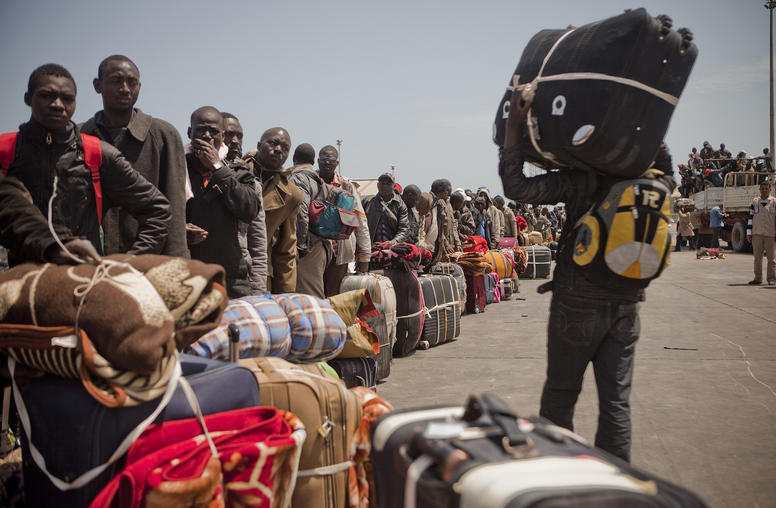
Libya’s Migrant Crisis Isn’t Just a European Problem
Next week, Italy will host an international conference intended to finally bring Libya’s bloody seven-year conflict toward resolution. Since the ouster of Muammar Qaddafi in 2011, successive U.S. administrations have watched Libya’s continuing collapse, believing that the country’s unraveling threatens only Europe. This is a mistake.
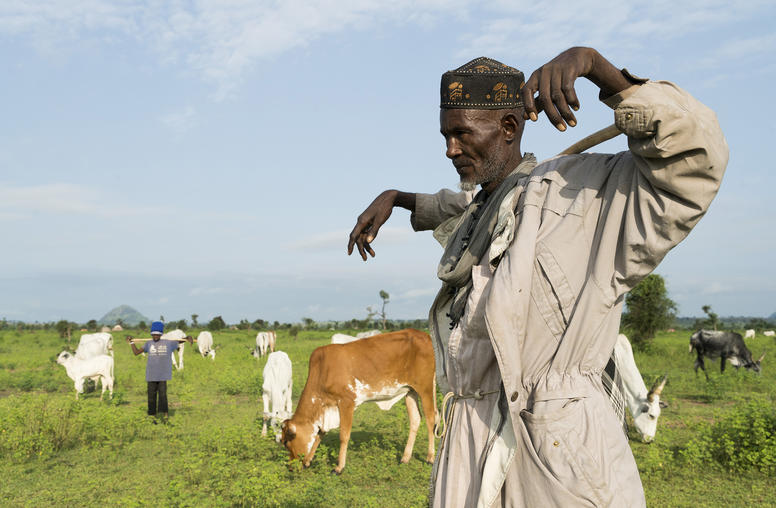
Nigeria’s Worst Violence Is Not Boko Haram
As Nigeria works to stabilize from years of warfare in its north, the deadliest threat is not the Boko Haram extremist movement, but escalating battles between farming and herding communities over scarce land and water. Bloodshed has increased since January, as armed groups have attacked and...
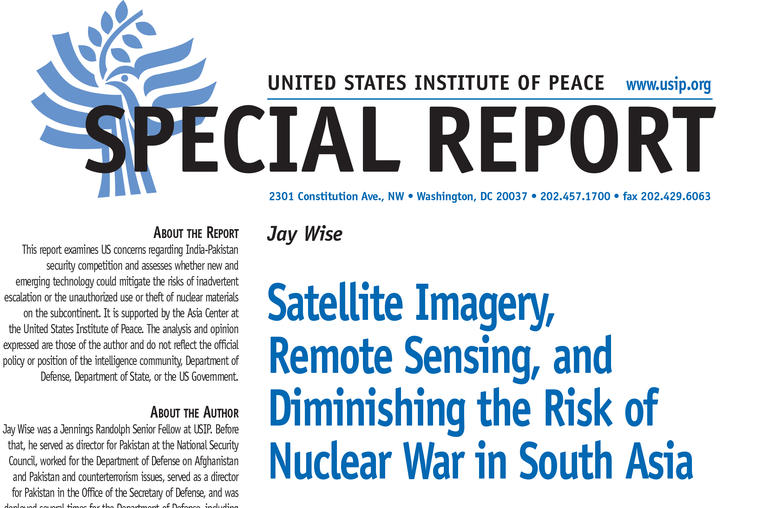
Satellite Imagery, Remote Sensing, and Diminishing the Risk of Nuclear War in South Asia
This report examines U.S. concerns regarding India-Pakistan security competition and assesses whether new and emerging technology could mitigate the risks of inadvertent escalation or the unauthorized use or theft of nuclear materials on the subcontinent.

Charles North on Russia in Ukraine
“In its fifth year, Russia's armed aggression in Ukraine's Donbas region has become a costly burden with little strategic benefit,” says Charles North. One possible exit ramp has emerged from recent negotiations: a U.N.-mandated peacekeeping operation to facilitate a peace process resulting in Russia’s departure from Donbas and the return of control to Ukraine.
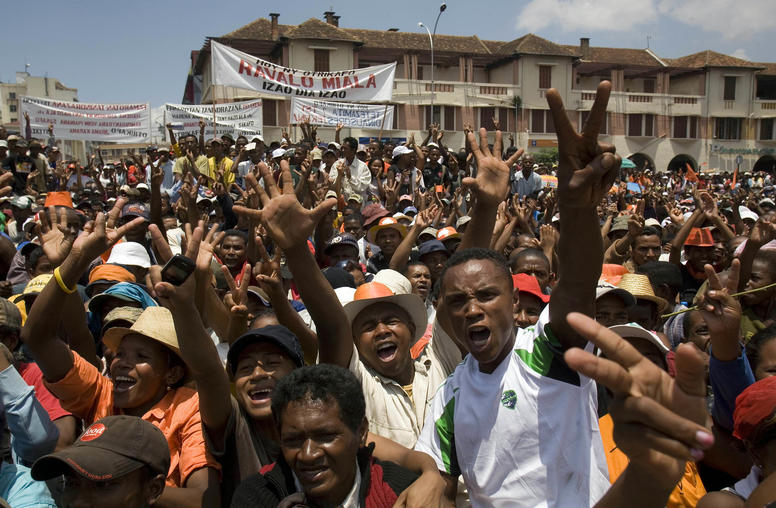
In Madagascar, a Presidential Vote Sees Old Fissures Resurface
On November 7, the Indian Ocean island nation of Madagascar, a country larger in area than California and more populous than Florida, goes to the polls to elect its next president. With a history of political crisis and fraught elections, the 2018 polls have seen renewed acrimony as no less than four former presidents of Madagascar seek the country’s highest office. USIP’s Aly Verjee and Jonas Claes discuss what’s at stake, the challenges ahead and how election disputes and violence can be mitigated.
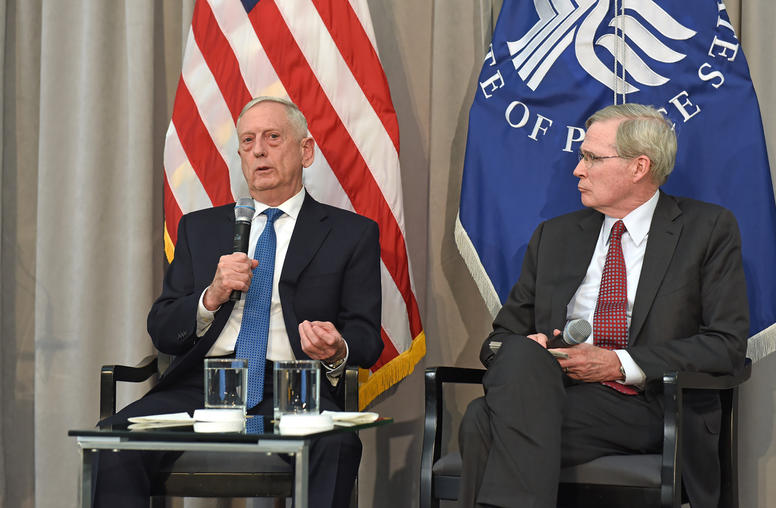
James Mattis: Yemen Needs a Truce Within 30 Days
Secretary of Defense James Mattis yesterday urged combatants in Yemen, including Saudi Arabia and Yemen’s Iran-backed Houthi faction, to negotiate a cease-fire in that war within 30 days while speaking to diplomats, military officers and conflict-resolution specialists at the U.S. Institute of Peace. In a webcast conversation moderated by former national security advisor and USIP Chair Stephen J. Hadley, Mattis also discussed global security challenges facing the United States—from Russia and China, to North Korea—cybersecurity and the need for the developed world to help fragile states improve their governance and address the root causes of extremism.